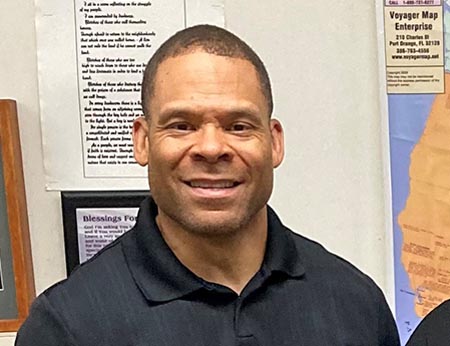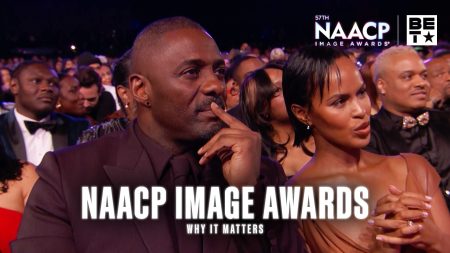An Open Letter of Invitation to Teachers and Educators
by Jane B. Hancock
Let me share some thoughts, observations, joys, and regrets with you from my twenty-eight years as a middle school teacher.
As a white girl growing up with very liberal racial ideas in the conservative Jim Crow South, I was quite a misfit in my community. I married before finishing college; and after working while my husband earned three degrees, I began substitute teaching in five different junior high schools. The third year, I taught 150 of the 180 school days, and ended the year as a full time ninth grade English teacher, earning only daily substitute pay. By then my three children were in junior high school, and I went back to finish my degree in elementary education. I graduated from college the same year my middle child graduated from high school, and my son was playing in the college band when I crossed the stage with my Bachelors in Education. I continued working on my master’s degree in the evenings while teaching. By the time I reached that goal my daughter had earned her BS Ed. from the same college, and we went together to night school. She was working on her master’s and I on my “thirty above.”  Now,
Now,
all of this seems to indicate a mature, confident teacher. But, to the
contrary, I lacked the confidence to stand firmly and speak out when I
encountered the de-facto racism so prevalent in those days. I recall
the day after Martin King was assassinated as I listened to the
comments in the faculty lounge. What I heard did not surprise me. It
sickened my stomach, and I walked down the hall to the closet where all
of the sweepers were huddled, listening to the news on the radio. I
said I felt more at home with them than I did in the lounge.
I did not have
the courage, confidence, or backbone to speak my mind to those in the
lounge making the racial comments. You see, that was many years ago,
long before I moved to the Asheville area and had the advantage and
privilege of being a participant in Building Bridges.
During the last
few years I have recalled with deep regret and apology some of the
things I said and did, believing that I was being understanding and
supportive of my black students and teacher friends.
I regret not
standing up to my principal when she was scolding one of the sweepers
for using the small washing machine in my home living classroom instead
of the huge washer in the gym area. After all, the few tablecloths and
dishtowels from the faculty lounge did not damage or add much, if any,
wear and tear on the machine.
Many of the
things I said, did, and taught reflected my total ignorance of the
experiences my students were living through. One young girl was so
exhausted each morning she could not pay attention or even stay awake.
My suggestion that she get to bed earlier was just one example of my
not listening to her and understanding the disturbing nighttime
activity in her neighborhood. I also recall instructing my students to
relax their vocal chords when singing so the words would flow smoothly
(and sound more like whites) and not seem to be like yelling. Oh, has
my appreciation of black music taken a 180 degree turn!
Times have
changed. Progress has been and is being made, and I am so glad to see
more attention to the way we teach. But I must add a word of caution.
We have grown up living in a segregated community, or at least one that
our parents lived in. We have, for the most part, lived in and learned
from only one culture. Our teachers have multicultural classrooms.
Regardless of the number of books you have read, classes, workshops and
faculty meetings you have attended on diversity, you still carry the
baggage of your parents, teachers, pastors, and friends’ attitudes on
racism.
You see, racism is a white problem. But, it is a problem we cannot solve by ourselves.
We must listen
and hear the unpleasant truth — The Black Truth! Open, respectful
dialogue with blacks is the only way in which I can begin to understand
white privilege and the systemic racism that is so prevalent today.
Only then can I begin to see that though my intentions in action and
speech were good, the black perception of them may have been quite
different. Each of you strives to be an excellent teacher and role
model for your students. You have studied your subject area thoroughly,
and you prepare those lesson plans regularly. But have you really
searched deep within yourself to identify your own racial attitudes? Do
you truly seek to understand what makes each of those students “tick?”
I urge you to
join me in one of the nine week sessions of Building Bridges. You will
“meet yourself again for the first time.” You will not be the same
person when the Pot Luck supper rolls around. I have been a participant
and/or facilitator in more than ten sessions. I learn more about myself
each time, but the most important benefit is meeting and really getting
to know so many wonderful people my segregated background kept me from
knowing. I have said in the past that at least one session of Building
Bridges should be a requirement for every teacher. However, if you are
“required” to be present, you will spend so much time getting that chip
off your shoulder that you loose some of the wonderful benefits.
I look forward
to the time when the education departments in our local colleges will
recognize the importance and benefits of Building Bridges and encourage
— even require — every education student to participate in at least one
session.







